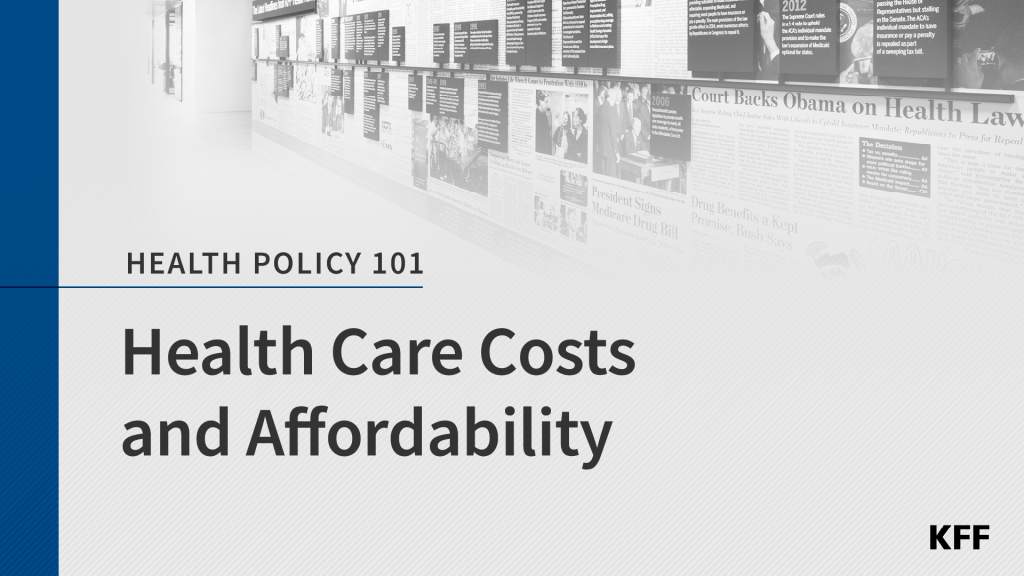How the Trump Administration and Congress Are Reshaping the Affordable Care Act’s Marketplaces: Views from the States
Through regulations and the House budget reconciliation bill, significant changes are being considered by Congress and the Trump Administration for how the Affordable Care Act’s health insurance Marketplaces would work. To examine how these changes could reshape the ACA’s Marketplaces, KFF held a virtual briefing on June 11 featuring leaders from two state-based Marketplaces to get perspectives from the field.
